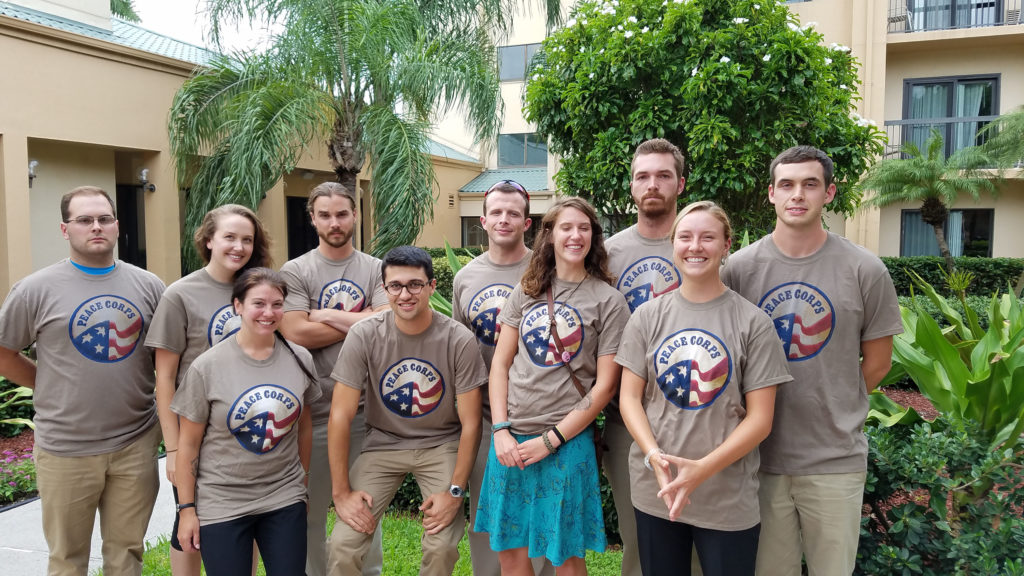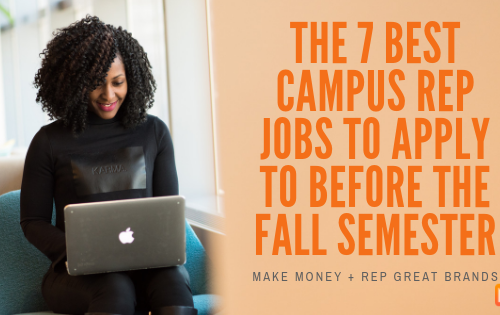
With over 4 million college graduates in US and more graduating yearly, plenty of students have been where you are right now. At one point or another, you have to figure out what to do after graduating college.
While you might think that everyone starts working right after commencement, that’s not the case. There are many opportunities out there for travel, furthering your education, and volunteering. So keep in mind your personal goals and aspirations, and you’ll find the best fit for you.
1. Gap Year
A common next step after college graduation is taking a gap year. A gap year is pretty much exactly what it sounds like — a gap between finishing college and entering the next phase of your life. It’s a great time to focus on personal growth, pursue activities you might not be able to in your future career (e.g., traveling for extended periods), and simply take a break after so many years of schooling.
If you choose this path, keep in mind that future interviewers will ask what you did during your gap year. So be prepared to share any experiences you have during your gap year, whether volunteering, starting an internship, working part-time, or pursuing personal interests.

2. Graduate School
As a kid, you may have said you wanted to be a doctor or lawyer when you grew up. Law school, medical school, and dental school are still options once you graduate college, but if you’re still wondering what to do after graduating college, there are many other paths to consider.
For example, you can go to graduate school for a Master of Education (MEd), Master of Fine Arts (MFA), or Master of Science (MSA), which will take about two years. Or you can pursue postdoctoral work (PhD) in your field of choice, which takes 4 to 6 years. Both programs will boost your career outlook and earning potential.

3. Enter the Workforce
Option 3 is going straight to work after college. As of 2021, the employment rate was 86% for bachelor’s degree holders or higher. So you’ll find that your bachelor’s degree will qualify you for many positions out there.
And after you graduate, there are no rules about sticking to a career in your major. Many majors have skills and knowledge that are transferable to several industries. The fact that you didn’t major in marketing doesn’t mean you can’t find a job in marketing. So don’t be afraid to broaden your job search!

4. Start a Business
Did you know that 99.9% of businesses in the US are small businesses (according to Forbes)? So if you’ve dreamt of opening a small business and thought it was unrealistic after college, think again. There are plenty of niche markets that could use your unique skillset.
And with 99.9% of businesses being small businesses, there are plenty of opportunities to network and learn from others. Don’t let fear of failure stop you from chasing a dream that is more realistic than you might think.

5. Join the Peace Corps
The Peace Corps is an international volunteer organization that focuses on unity and international collaboration. To qualify for the Peace Corps, you have to be a US citizen who’s 18 years old or older.
You’ll live in a host country where you can work on anything from education to business development. So the Peace Corps is an excellent fit if you want to spend a year after college visiting another country, learning another culture, and giving back to others.

6. Travel
Speaking of visiting other countries, after college, you may want to get out and travel before settling into your career. Whether it’s a domestic or international trip, there’s no better time to travel than when you’re a young adult with minimal obligations and maximum potential.
If you’re worried about funding, there’s an almost endless supply of travel information on the internet. You can follow travel blogs, watch for deals on airfare, and budget for other travel costs to travel as cheaply as possible.

7. Join Teach Abroad Programs
Teach Abroad Programs through the Council on International Educational Exchange (CIEE) are another fantastic way to travel and help others. You’ll be able to learn about other cultures while getting paid to teach English abroad.
The hiring process is simple, and you’ll be screened for English skills and important qualities like a positive attitude.

8. Become a Nanny
While nannies get paid $13.22 an hour on average, that number varies greatly depending on your employer. The perks of nannying can also outweigh lower pay. You may travel with the family or live with them in a guest house or room, which are far cheaper than traveling or renting on your own.
And even top executives and professional athletes need nannies for their children, and they typically pay better than average. After college, you have many marketable skills, and if you love to work with children on top of that, this is a great gig for you!

9. Start a Passion Project
As we said, the time after graduation is the perfect time to take risks and explore before locking into a place or career. That means it’s the ideal time to pursue a passion project.
Maybe you’ve always wanted to sell your art but needed more time during school. Maybe you’ve wanted to write a novel but had too many academic papers to write. Now’s the time to explore what you couldn’t before!

10. Sell Your Textbooks
Finally, if you’re at a loss for what to do after graduating college, don’t forget that selling your textbooks is an option. You can check out the best prices on BookScouter.com because, after college graduation, you’ll need all the funds you can get. After all, you won’t need those college textbooks gathering dust. For more ideas on what to do with old textbooks, feel free to read our post on the topic.

Conclusion
Graduating from college can seem scary, but it’s also an exciting time when anything is possible. You can find a job, continue your education, travel across the globe, or start a business. But if you don’t know what to do after graduating college, reviewing options on this list is a great start!




